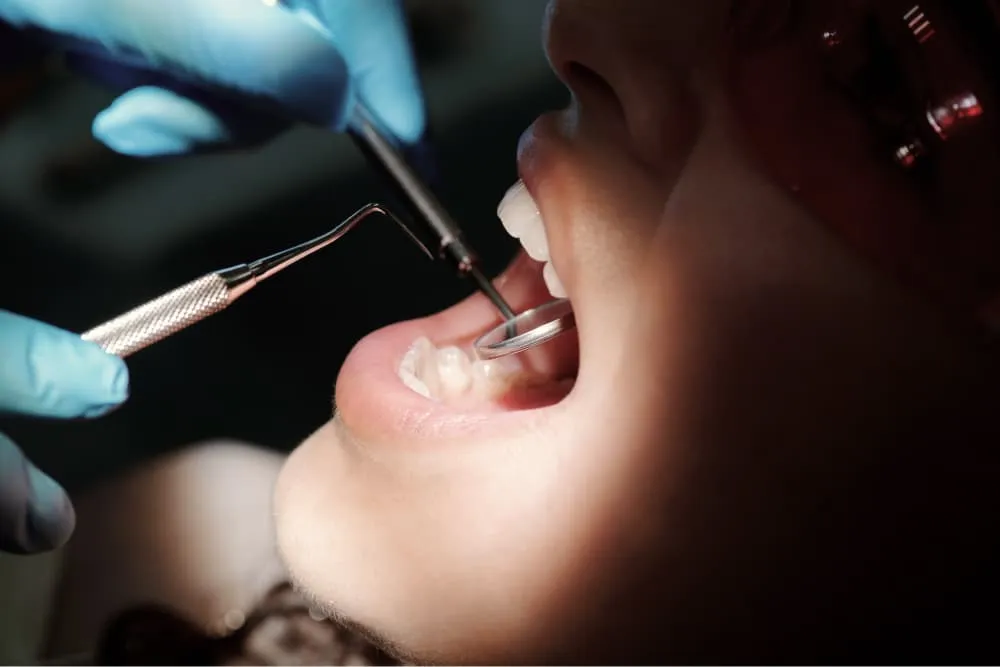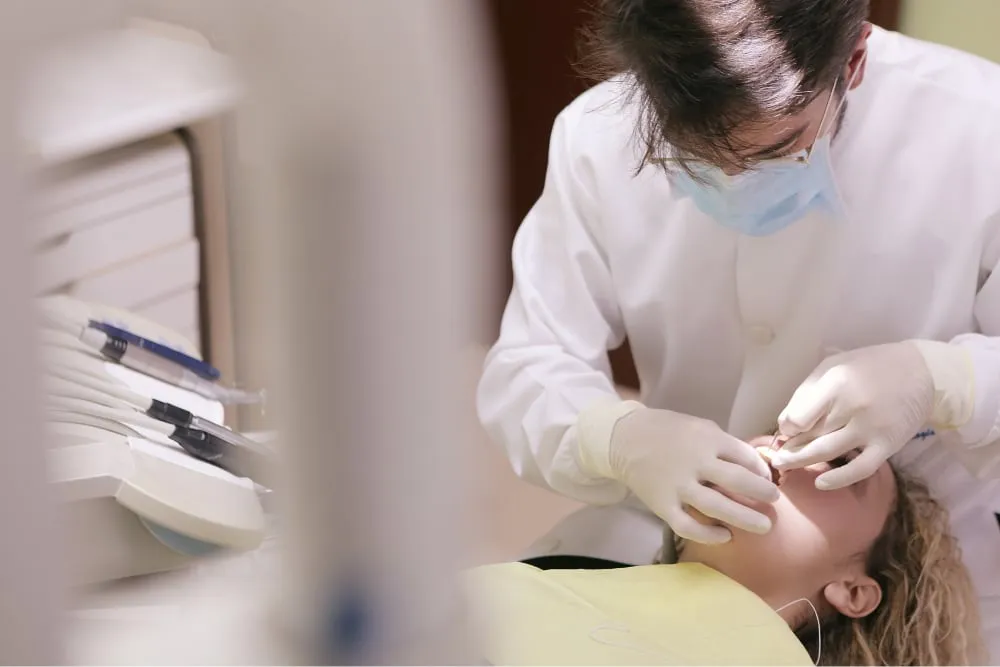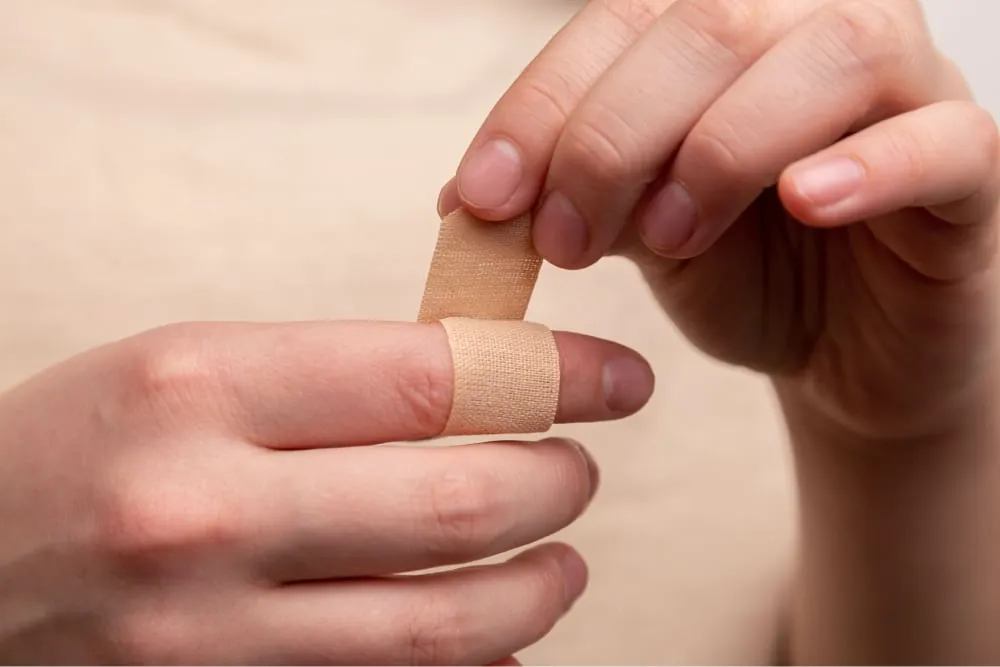Can bulimia cause ulcers in the stomach?
The connection between bulimia and stomach ulcers is due to stomach acid.
Tabs content 1
Tabs content 2
The connection between bulimia and stomach ulcers is due to stomach acid.

Stomach ulcers are sores on the lining of the stomach. The two different types of stomach ulcers are peptic ulcers and duodenal ulcers. A peptic ulcer is also called a gastric ulcer. A duodenal ulcer is one that happens on the upper part of the small intestine, which is called the duodenum.
Stomach ulcers are not caused by stress and spicy foods, although these may worsen ulcers. They are caused by Helicobacter pylori bacterial infection and long-term use of ibuprofen and naproxen. (1)
Stomach acid is produced by cells in your stomach lining. This acid is made of hydrochloric acid, potassium chloride and sodium chloride and it is highly acidic (pH 1.0 – 2.0). Battery acid is pH 0.0 and dissolves metal and bone. The pH of stomach acid is strong enough to damage bones and teeth.
Mucus lines the inside of the stomach and protects it from the stomach acids.
When someone with bulimia nervosa (BN) purges by self-induced vomiting, the stomach acids are brought up out of the upper GI tract. This may increase the amount of acid in the stomach, making it even more acidic and thus damaging tissue.
Stomach acid is essential for you to digest your foods. Many people know firsthand the effects from not having enough stomach acid – burping, bloating, heartburn, diarrhea, upset stomach, nausea with vomiting, gas, indigestion and hair loss.
Others may understand what happens when the stomach has higher levels of stomach acid in it – gastric ulcers, acid reflux, and gastroesophageal reflux disease (GERD). They may often have similar symptoms as those with not enough stomach acid.
You might be interested in
One medical report specifically on stomach ulcers was written in 1989 and appeared in the medical journal Gastrointestinal Endoscopy. The authors state that in 1989, bulimia nervosa was recognized with increasing frequency whereas this wasn’t the case in the previous years.
In the 37 patients with long-standing bulimia nervosa that were studied, the doctors did an endoscopic procedure to view the upper GI mucosa. This is where a camera captures what exactly is happening inside the body via a long tube that is inserted with a camera lens at the end of it. The mucosa in the stomach and esophagus was normal in 23 of the 37 patients or 62% of them.
Six patients or 16% of the patients had redness in the stomach or duodenum but none showed actual ulcers, erosions or bleeding. The researchers stated that in contrast to reports by others, the mucosal injury is limited to the esophagus, not the stomach. (2)
Another medical report appeared in 2020 in the Journal of Clinical Psychopharmacology. (3) In this study, researchers brought up an important nutritional fact about bulimia. They stated that zinc plays an important role in appetite regulation. Potentially, so does L-carnosine, a peptide in the body. They complexed zinc with L-carnosine as a medication for gastric ulcers and then ran a study with 22 binge eating disorder patients and 7 bulimia patients who were receiving antidepressants. The first four weeks of the study were a baseline to see what was happening. The next 16 weeks the treatment of 150 mg polaprezinc (the mixture of 116 mg carnosine and 34 mg zinc) was given in addition to the regular psychotropic medications.
Both groups of patients showed a significant reduction in the number of objective and subjective binge eating episodes. Monitoring the copper/zinc ratio, they found the numbers went from 1.4 to 1.1 in both conditions. All patients had multiple zinc deficiency related symptoms initially that improved with the treatment. Overall, the effectiveness was less in bulimia nervosa than the patients with binge eating disorder and there were only minor side effects.
Zinc also plays a critical role in wound healing. In 1995, Japanese researchers found that zinc deficiency did not affect the formation of stomach ulcers but it reduced cell proliferation (for regeneration of tissue) by day four and delayed ulcer healing. Supplementation brought zinc levels up to normal within a week. (4)
In 1989, it was reported in the medical journals that zinc compounds were a new treatment for peptic ulcers. One type of zinc used in the studies was zinc acexamate, shown to have an antiulcer effect and wide therapeutic range, and effective for conditions that cause stomach ulcers in the experiments such as using Reserpine to induce them, using necrotizing agents, cold-restraint stress, platelet-activating-factor (PAF-induced)ulcers, and clamping the pylorus of the stomach shut.
The zinc first decreases the output of gastric acid by inhibiting mast cell degranulation which stabilizes the membranes. It also enhances the mucosal protection factors by increasing mucus secretion and improves microcirculation. Zinc also restores the damaged mucosa continuity when ulcers are created by acetic acid. It’s been proven to be useful for both peptic and duodenal ulcers and it reduces the inflammation associated with the ulcers. (5)
There are medical treatments for bulimia nervosa and stomach ulcers. These should be part of your total comprehensive plan to overcome bulimia and set up by your interdisciplinary medical team.
Disclaimer about "overeating": Within Health hesitatingly uses the word "overeating" because it is the term currently associated with this condition in society, however, we believe it inherently overlooks the various psychological aspects of this condition which are often interconnected with internalized diet culture, and a restrictive mindset about food. For the remainder of this piece, we will therefore be putting "overeating" in quotations to recognize that the diagnosis itself pathologizes behavior that is potentially hardwired and adaptive to a restrictive mindset.
Disclaimer about weight loss drugs: Within does not endorse the use of any weight loss drug or behavior and seeks to provide education on the insidious nature of diet culture. We understand the complex nature of disordered eating and eating disorders and strongly encourage anyone engaging in these behaviors to reach out for help as soon as possible. No statement should be taken as healthcare advice. All healthcare decisions should be made with your individual healthcare provider.


































